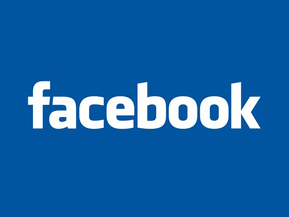Facebook and the open assumption


I have often written that open source is the result of a larger trend, the Internet. The values I have written about here are Internet values. Open source merely adopted and codified them into contracts.
It's these values Facebook ran afoul of when it tried to "clarify" its policy on user data early this month. Its lawyers pushed through language protecting the company's proprietary rights, and users raised holy heck.
What it backed into was not a "bill of rights," but a set of assumptions most people hold when they go online.
These are similar to the assumptions we hold for open source code. All of the stories I have written here about tweaks to licenses, whether by Microsoft, SugarCRM or others, involved companies violating what users saw as common assumptions.
When users feel these open source assumptions are violated, they withhold their support for the code's manager. They don't all rush to court. If they get really mad they may fork the code. If their cause is just the fork may become the code's main line.
If there is a "bill of rights" argument to be made in this case -- in all these cases -- it's more along the British line. Great Britain doesn't have a bill of rights, yet the assumptions contained in Magna Carta have been extended and embraced so that the "common law" provides many of the same functions.
Point is it's not always necessary to codify what becomes common belief. We assume certain norms and react when they're violated. In this case an army of Internet privacy advocates went to the regulators, some 90,000 people formed a group to protest, and within 48 hours Facebook caved.
Facebook had lost face. This rather Eastern concept, the importance of reputation, has real meaning in the online world. It's a lesson that has been taught repeatedly since the days of Spamford Wallace. Yet reporters act with continued surprise.
I'm not troubled at all by it. In fact, I'm over the moon about it. There are printed laws that don't get as ready, willing obedience as Internet norms. These open assumptions have become a social contract, and those who would violate it pay heed.